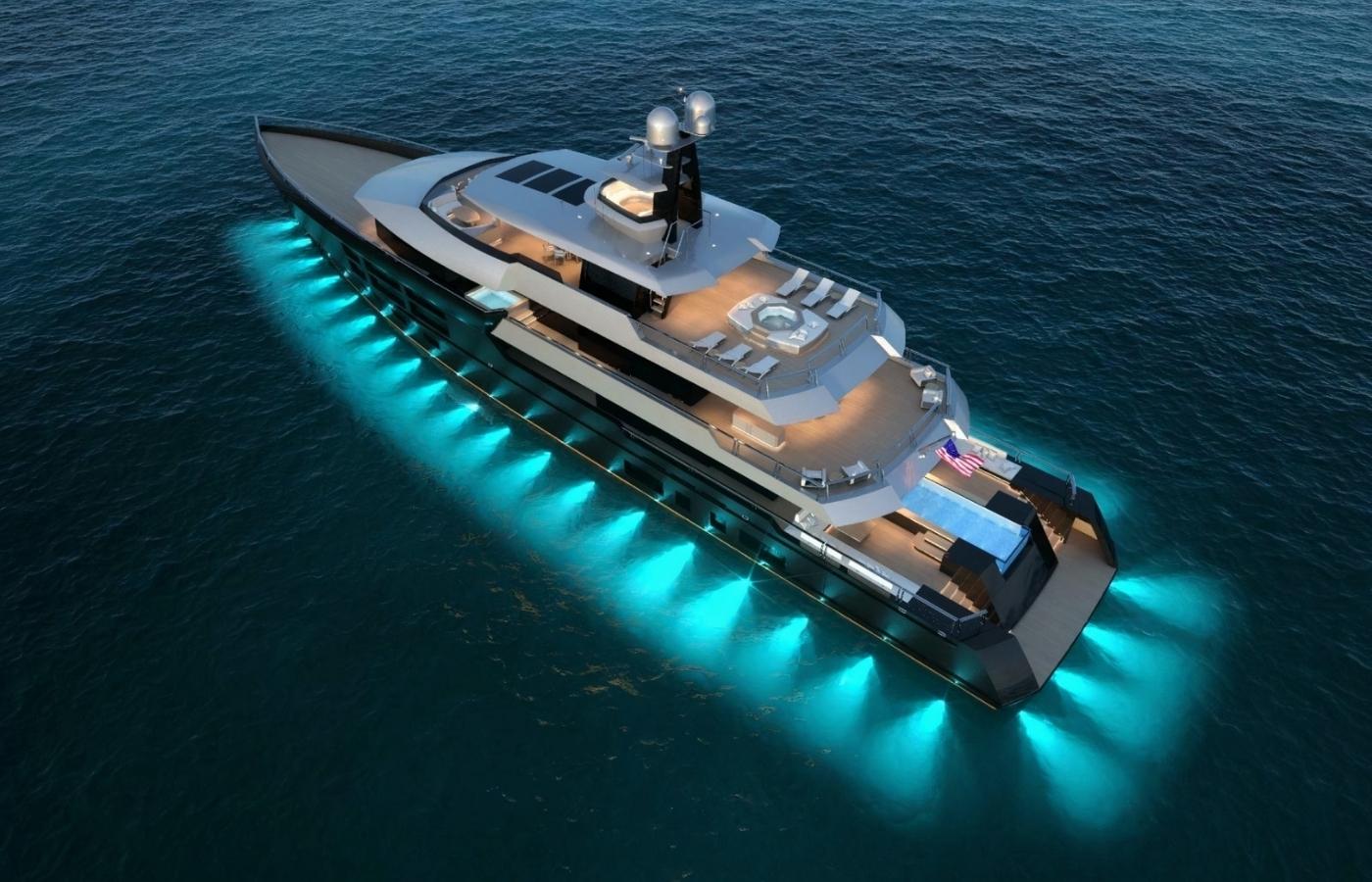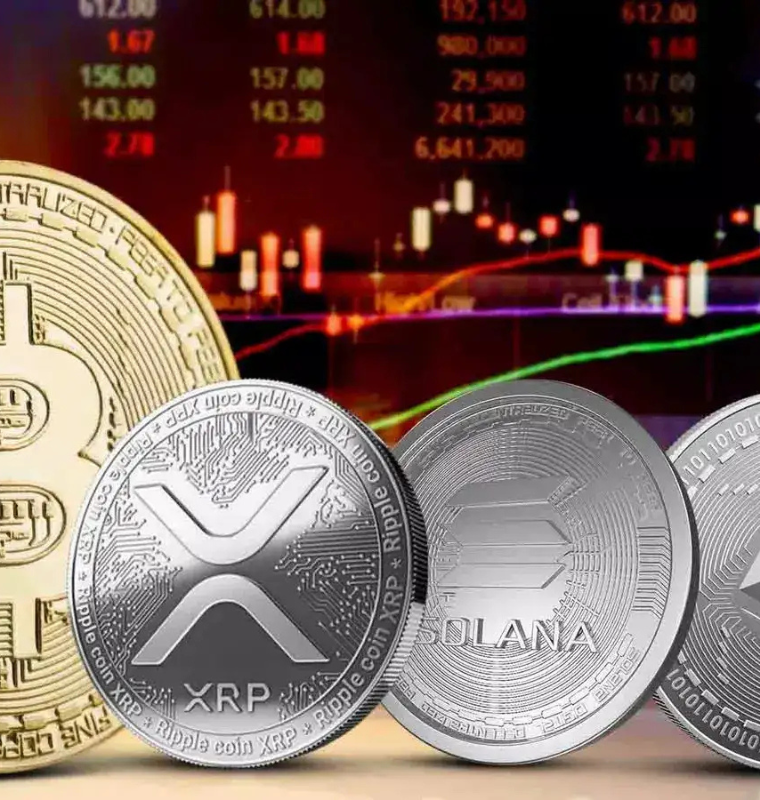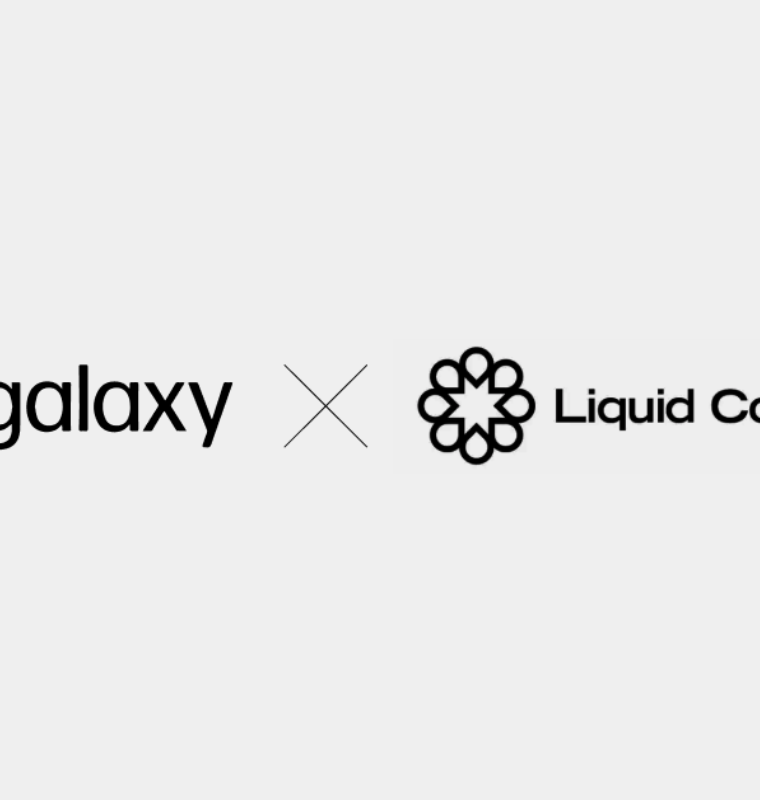Wealthy Yacht Buyers Navigate Strategies to Dodge New 15% EU Tariffs
Wealthy Yacht Buyers Navigate Strategies to Dodge New 15% EU Tariffs
By
David Goldfarb
Last updated:
August 1, 2025
First Published:
August 6, 2025

Rising Tariffs Shake Up the Luxury Yacht Market
President Donald Trump’s recent announcement imposing a 15% tariff on European-made goods, including recreational boats and yachts, has sent ripples through the luxury boating sector. Europe produces the majority of the world’s high-end yachts, while the largest market for these vessels remains the United States. This tariff threatens to disrupt long-standing trade flows and compel buyers and manufacturers to rethink their strategies.
According to the European Boating Industry, the U.S. is Europe’s single largest export destination for recreational boats, making the new tariffs a substantial hurdle. Their statement warns, “The 15% tariff rate presents serious challenges for businesses in Europe,” highlighting the potential impact on an industry reliant on transatlantic demand.
How Tariffs Impact Buyers and Brokers
Though the super-wealthy purchasing yachts priced in the tens or hundreds of millions may absorb the added 15% cost, industry experts say many buyers will reconsider or negotiate harder. Kevin Merrigan, chairman of yacht brokerage Northrop & Johnson, remarked, “I don’t know any stupid rich people. When you tell them they have to pay an extra 15%, it absolutely changes the calculus.”
Traditionally, yacht contracts place the burden of duties on builders. However, legal experts suggest these new tariffs may shift some of the cost to buyers, especially as existing agreements might not cover the revised tariff regime. This has triggered a wave of negotiations, with buyers whose vessels take up to three years to build now seeking better terms amid tariff uncertainties.
Foreign Flagging: The Most Popular Loophole
To circumvent the tariff, many buyers are opting for “foreign flagging,” a practice where yachts are registered in countries that maintain favorable maritime agreements with the U.S. Popular registration hubs include the Cayman Islands, Marshall Islands, Malta, and Jamaica.
By registering the yacht overseas, owners classify their vessels as “visiting,” which legally exempts them from U.S. import tariffs. This approach involves compliance with specific cruising permits and registration fees ranging from $5,000 to $20,000 — a small price relative to multimillion-dollar savings.
Maritime attorney Michael Moore explained, “If the yacht is never technically imported through U.S. customs, then the tariff doesn’t apply.” However, this option mainly benefits owners of larger yachts, typically over 45 feet, as smaller boats are often less practical for such registrations.
Market Segmentation: Have-Yachts vs. Have-Superyachts
The tariff shift is poised to deepen the divide between ordinary yacht owners and superyacht owners. While the wealthy can exploit registration loopholes and avoid the 15% tariff, owners of smaller luxury boats are more likely to bear the additional costs.
This could lead to increased demand for U.S.-built yachts from manufacturers such as Westport, Trinity Yachts, and Burger Boat Company, which remain tariff-free. Additionally, the preowned yacht market, currently experiencing a lull following a post-pandemic boom, may see a resurgence as buyers look to avoid new tariffs.
Broader Industry and Economic Implications
Industry analysts caution that these tariffs could reshape the global yacht market. European shipyards may face reduced demand from U.S. clients, while domestic manufacturers might benefit from increased interest. The tariffs may also prompt more international negotiations aimed at revisiting trade agreements to soften the blow on such luxury goods.
While the immediate financial impact falls on buyers and builders, the ripple effects could influence employment in European shipyards and investment in yacht technology and innovation.
With over $10 billion in annual recreational boat sales linked to U.S.-Europe trade, the 15% tariffs represent a significant shift in the luxury yacht market’s dynamics. Affluent buyers are already adapting by leveraging legal strategies like foreign flagging, while industry insiders expect demand to shift toward domestic manufacturers and preowned vessels.
As trade policies evolve, the luxury yacht industry exemplifies how tariffs can reshape consumer behavior and global supply chains — balancing legal maneuvering with economic realities.
Popular articles
Subscribe to unlock premium content
Disney’s Timeless Magic and How the Entertainment Giant Continues to Shape Culture and Innovation

Imran Khan’s Economic Missteps Amid Political Chaos in Pakistan

The Philippines’ Digital Shift How Remittances and BPO Are Fueling Growth

Disney’s Timeless Magic and How the Entertainment Giant Continues to Shape Culture and Innovation

Imran Khan’s Economic Missteps Amid Political Chaos in Pakistan

Disney’s Timeless Magic and How the Entertainment Giant Continues to Shape Culture and Innovation









